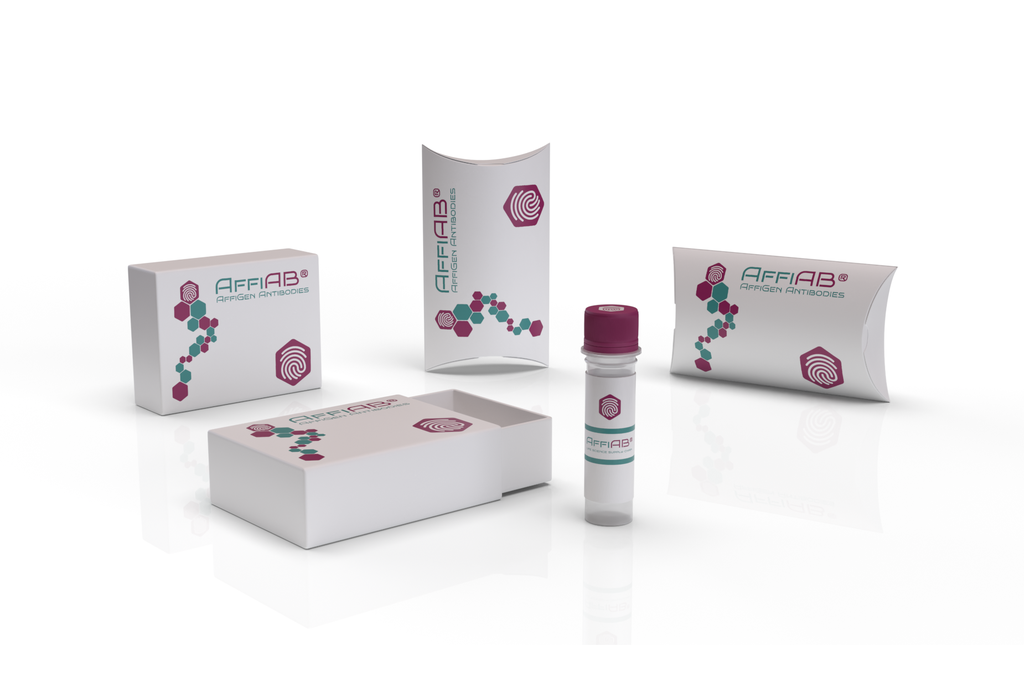AffiAB® Anti-Dysferlin (DYSF) Antibody
The most intensively studied role for dysferlin is in a cellular process called membrane repair. Membrane repair is a critical mechanism by which cells are able to seal dramatic wounds to the plasma membrane. Muscle is thought to be particularly prone to membrane wounds given that muscle cells transmit high force and undergo cycles of contraction. Dysferlin is highly expressed in muscle, and is homologous to the ferlin family of proteins, which are thought to regulate membrane fusion across a wide variety of species and cell types. Several lines of evidence suggest that dysferlin may be involved in membrane repair in muscle. First, dysferlin-deficient muscle fibers show accumulation of vesicles (which are critical for membrane repair in non-muscle cell types) near membrane lesions, indicating that dysferlin may be required for fusion of repair vesicles with the plasma membrane. Further, dysferlin-deficient muscle fibers take up extracellular dyes to a greater extent than wild-type muscle fibers following laser-induced wounding in-vitro.
Antibody type
Rabbit polyclonal Antibody
Uniprot ID
SwissProt: O75923 Human
Recombinant
NO
Conjugation
Non-conjugated
Host
Rabbit
Isotype
IgG
Clone
N/A
KO/KD
N/A
Species reactivity
Human
Tested applications
WB, IHC-P, FC
Predicted species reactivity
N/A
Immunogen
Recombinant protein within Human Dysferlin aa 124-317 / 2, 080.
Storage
Store at +4°C after thawing. Aliquot store at -20°C or -80°C. Avoid repeated freeze / thaw cycles.
Form
Liquid
Storage buffer
1*PBS (pH7.4) , 0.2% BSA, 50% Glycerol. Preservative: 0.05% Sodium Azide.
Concentration
1 mg/mL.
Purity
Immunogen affinity purified.
Signal pathway
N/A
Recommended dilutions
WB: 1:500-1:2, 000
; IHC-P: 1:50-1:200
; FC: 1:50-1:100
Molecular Weight
Predicted band size: 237 kDa
Subcellular location
Plasma membrane, Cytoplasmic vesicle.
Positive control
Human fetal skeletal muscle tissue lysate, human kidney tissue, human placenta tissue, human fetal skeletal muscle tissue, HUVEC.
